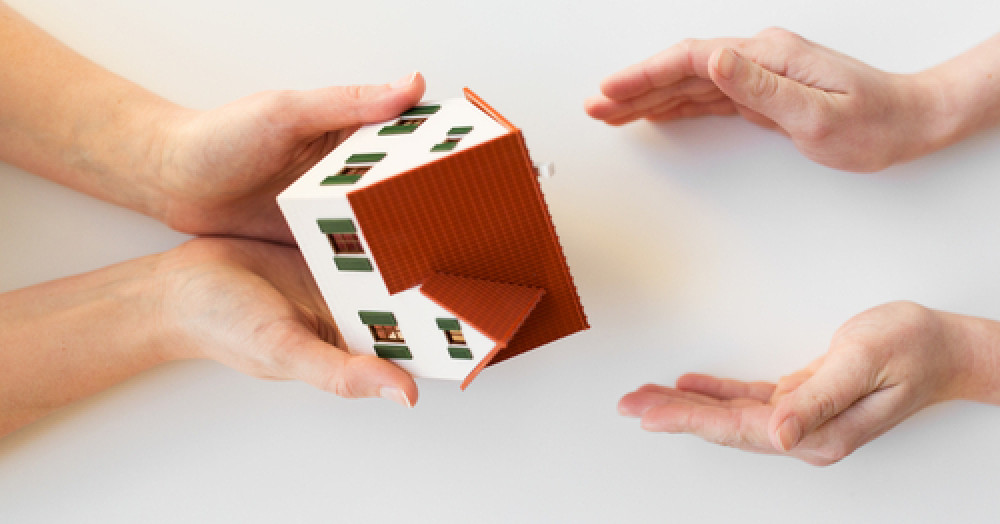
Shared Ownership vs. Help to Buy
The Basics
A shared ownership scheme is where a purchase only buys a portion of the home, this is usually between 25% and 75%. They pay a mortgage on the share that they have bought and must pay rent on the remaining portion. (Though the rent is below market value). The Help to Buy scheme is a government-backed equity loan that will pay for up to 20% of the cost of the home. The purchaser then needs to pay the deposit and get a mortgage for the remaining portion. (This varies in Greater London.)
Eligibility
The shared ownership scheme is available to first-time buyers, those who are selling a home, or who have previously sold a home. If your household income is less than £80,000 and you are unable to buy on the open market, then you can go for shared ownership. The Help to Buy scheme is available to first-time buyers, those who have previously sold a home, or those that are selling their current property before the expiry of their help to buy scheme. Buyers must be over 18 and there is no income cap.
Properties
Shared Ownership is available on any purpose-built home. The Help to Buy scheme is only available on new-build homes that are on the market for less than £600,000.
Deposit
For the shared ownership scheme, you must provide a deposit of 5% on the share that you are buying. So, if the home is worth £500,000 and you are buying a 25% share, then your deposit is £6,250 (5% of £125,000). For the Help to Buy scheme then you need to put down a 5% deposit on the full value of the property. However, you can use the equity loan to fund the deposit. This means that you can get access to mortgages that you wouldn’t normally be able to.
Repayments
On the shared ownership scheme, you will pay a mortgage on the share you own, along with a subsidised rent to the housing association that owns the other share, along with any maintenance fees due under that scheme. You can choose to increase your share at any time, and this will result in an increase in your mortgage and a decrease in your rent. The Help to Buy equity loan is interest-free for the first five years, you are only required to pay a £1 per month maintenance fee during this period. After 5 years you will have to pay interest on the amount outstanding on the loan at a rate of 1.75% adjusted yearly for inflation.
Final Thoughts
These are just some of the major differences between the two schemes, shared ownership is cheaper to get into and more secure in the long term, so it’s great for risk-averse, low to medium earners and Help to Buy offers more flexibility in terms of where and what you can buy, and is also likely to be cheaper month to month. Therefore it is important to weigh out which option best suits you.